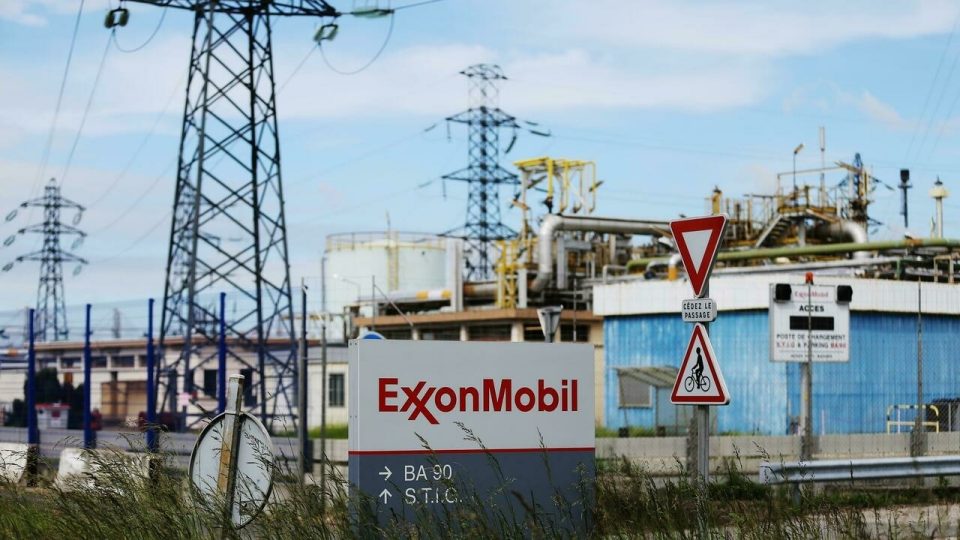
US companies rush to exit Russia operations over Ukraine invasion
A number of US companies, including Apple, Ford, Exxon Mobil, have shut or suspended operations in Russia, yielding to pressure from investors and consumers over the country’s invasion of Ukraine.

A number of US companies, including Apple, Ford, Exxon Mobil, have shut or suspended operations in Russia, yielding to pressure from investors and consumers over the country’s invasion of Ukraine, further hurting the trade and economy of the Vladimir Putin-run country.
Expressing concern over the invasion of Ukraine, the companies also pointed to the humanitarian crisis affecting millions of people there and condemned the violence inflicted on the country.
Apple said it was stopping iPhone sales and making changes to its Maps app to protect Ukraine civilians. Ford Motor, which has three joint venture factories in Russia, told its manufacturing partner it was suspending operations. Harley-Davidson too said it was suspending shipments of its bikes to the country.
Exxon Mobil Corp stopped Russia operations and said it was planning to exit the Sakhalin-1 venture, similar to British energy giants Shell and British Petroleum, which is Russia’s biggest foreign investor.
Aircraft maker Boeing suspended parts, maintenance and technical support services for Russian airlines, and has decided to temporarily close its office in Kyiv, a Politico reporter tweeted.
“We are deeply concerned about the Russian invasion of Ukraine and stand with all of the people who are suffering as a result of the violence,” Apple said in a statement.
Also read: US warns Moscow of consequences if it invades Ukraine
“Ford is deeply concerned about the invasion of Ukraine and the resultant threats to peace and stability. The situation has compelled us to reassess our operations in Russia,” the company said.
“We deplore Russia’s military action that violates the territorial integrity of Ukraine and endangers its people,” said Exxon, adding it will not invest in new developments in Russia.
Sanctions by the US, Canada and the European Union over the last few days have hit the Russian Federation’s economy hard, causing the currency rouble to fall by almost 30% and forcing the government to double the interest rates for loans.
Making matters worse several rich Russians abroad would not be able to make transactions and operate their assets due to the freeze imposed on them. Moscow has also temporarily curbed foreign investors from selling Russian assets.
Big Tech companies are also stopping Russia or its forces from taking advantage of their products through ban on apps or restrictions on earning through them.

